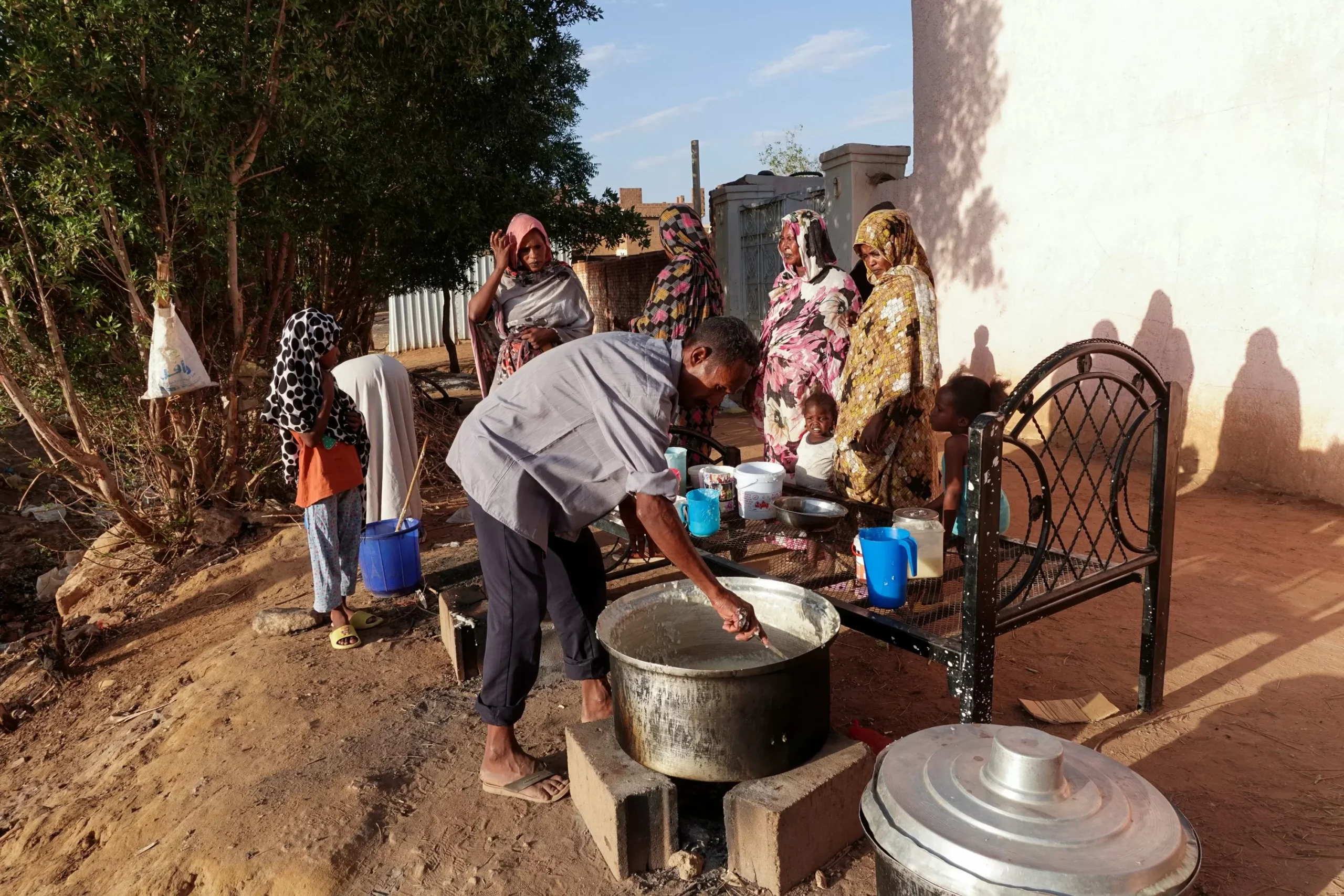Doctors Without Borders, also known as Médecins Sans Frontières (MSF), has been providing medical aid to those in need for over 50 years. However, the ongoing civil war in Sudan has been described by the organization as one of the worst humanitarian crises in decades.
For more than a year, the regular military in Sudan has been engaged in a brutal conflict with rebel groups in the Darfur region. This has resulted in the displacement of millions of people, leaving them without access to basic necessities such as food, water, and healthcare. The situation is dire, and the people of Sudan are in desperate need of help.
MSF has been on the ground in Sudan since the beginning of the conflict, providing medical assistance to those affected by the violence. Their teams have been working tirelessly, often risking their own lives, to reach those in need and provide essential medical care. However, the scale of the crisis is overwhelming, and the organization is struggling to keep up with the growing demand for their services.
The conflict in Sudan has not only caused physical harm to the people but has also had a devastating impact on their mental health. The constant fear and trauma of living in a warzone have taken a toll on the population, especially the children. MSF has been working to address this by providing mental health support to those affected by the conflict. They have set up counseling services and safe spaces for children to play and heal from the trauma they have experienced.
One of the major challenges faced by MSF in Sudan is the lack of access to certain areas due to the ongoing conflict. This has made it difficult for the organization to reach those in need and provide them with the necessary medical care. In some cases, MSF has had to suspend their operations due to the insecurity in the region, leaving many without access to healthcare.
The situation in Sudan is not only a humanitarian crisis but also a medical emergency. The lack of access to healthcare and the destruction of medical facilities have left many without access to life-saving treatments. MSF has been working to fill this gap by setting up mobile clinics and providing medical supplies to local health facilities. They have also been training local medical staff to ensure that the people of Sudan have access to quality healthcare even after the conflict ends.
The ongoing conflict in Sudan has also had a severe impact on the country’s economy. The disruption of trade and the destruction of infrastructure have left many struggling to make ends meet. This has also led to a shortage of essential medicines and medical supplies, making it even more challenging for MSF to provide the necessary medical care.
Despite the challenges, MSF remains committed to providing medical aid to the people of Sudan. They have been calling on all parties involved in the conflict to respect the safety and neutrality of medical facilities and personnel. They have also been advocating for increased access to affected areas to ensure that no one is left behind.
The work of MSF in Sudan is a testament to the organization’s dedication to providing medical aid to those in need, regardless of the challenges they may face. Their efforts have saved countless lives and brought hope to the people of Sudan, who have been living in fear and uncertainty for far too long.
However, MSF cannot do it alone. The ongoing conflict in Sudan requires a coordinated and sustained effort from the international community to bring an end to the suffering of the people. It is crucial that all parties involved in the conflict prioritize the safety and well-being of civilians and allow humanitarian organizations like MSF to reach those in need.
In conclusion, the ongoing civil war in Sudan is one of the worst humanitarian crises in decades, and the people of Sudan are in desperate need of help. MSF has been on the ground, providing essential medical care to those affected by the conflict, but they need support from the international community to continue their life-saving work. Let us stand with MSF and the people of Sudan to bring an end to this crisis and ensure that everyone has access to the healthcare they deserve.





![Complete BritRail Pass Guide [Types, How to Use It, Pros + Cons]](https://inside-news.uk/wp-content/uploads/2025/06/00221EB4-BCA2-4DBB-6CD4-83DBC37D71FA-120x86.webp)












